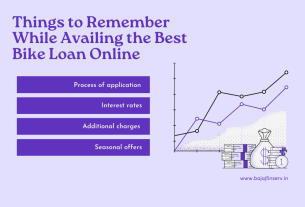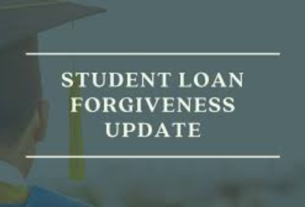In a reverse mortgage, one takes out a loan against the home they have without making the repayment. It can be paid in one lump sum, on a regular monthly basis, or in chunks, with flexibility during the time. The loan is repaid, and interest is payable only when you sell your home.
Table of Contents
How a Reverse Mortgage Works
With all these programs, you owe nothing for as long as you can stay comfortable in your residence.
In contrast to other loans, these are anticipated to be fully reimbursed upon the sale of the home, the permanent relocation of the occupants, or the cessation of habitation.
If you pay nothing monthly, the money you owe keeps on increasing; hence, it becomes more over time. The exempt concept stipulates that your home value limit will never go below what you received upon paying the loan, so if your home’s value goes up, you will not be obliged to pay more than that.
The only thing that happens is that you, as the owner of the house, have a responsibility to keep up with the payment of property taxes and insurance and patch up any necessary repairs. In case of failure to repay the loan, you lose the right to use the property, and the lender may instead pay these obligations or demand that you pay for the whole loan.
reverse mortgage pros and cons
Like other finance products, a reverse mortgage has pros and cons. Choose the right one for you. Let me give you an overview of two factors you should consider.
Pros
- Less pressure on your budget: Many seniors need to make more to repay regular loans, such as home equity line of credit (HELOC) or home equity loans, that require repayment from the borrower immediately. With the option of a reverse mortgage, you can have the money today but only start paying it back later.
- There is no need to move: People also have another route to take their equity, and it is to move. However, they won’t have a place to live. Still, a reverse mortgage allows them to stay in their existing home as long as they comply with the agreement to pay property taxes, homeowners insurance, and all the HOA fees and maintenance fees and keep their home in good condition.
- The income isn’t taxable. One reason for the payouts’ loan advance-type classification is that the IRS reverses. These income streams (although you should, in any case, seek advice from a tax professional to be clear on its tax implications in your case).
Cons
- Loan costs: Getting a mortgage is not free because you must pay for the appraisal, origination
- , serving fees, and other closing costs. The only exception is if you have a prior loan. In such a case, you will still need to make the original loan payment. You also have to pay periodic taxes, insurance, and HOA fees.
- You could lose your home: If you are not ready to pay for and maintain the home’s expenses or maintenance. If you have not lived in the house for more than 12 months for health-related or other reasons. The government authority may seize the property.
- Your heirs must pay to keep the home: If green family members intend to keep the property after your demise. They must wait for the reverse mortgage to be paid or the new mortgage loan used to refinance the home. In another situation, they might decide to sell it and keep the profit. If the amount owed to the lender is higher than the home’s value, they might leave it behind as well.
- All borrowers must meet the age requirement one of the spouses who is less than 62 years of age has to be removed from the house deed so that the older owner becomes qualified for a reverse mortgage. Tribtion of that name from title ownership can endanger the non-borrowing spouse. The non-borrower counterparty will stop getting the reverse mortgage proceeds if the borrower dies. Worse, however, they could lose their properties if they borrow but fail to obtain the loan.
Reverse mortgage calculator
A reverse mortgage calculator indicates what sum of money you may get if you apply for a reverse mortgage. It’s programmed to periodically ask you specific questions, such as your age, the value of your property, and whether you owe any debt on it. Afterwards, the payment calculator gives you a possible estimate of your borrowing amount.
There are many calculators on money topics on websites. Moreover, many companies that provide reverse mortgages have their own calculators.
Recall that the number is an estimate by the calculator. The amount of loans that could be yours will be different for the case studies . There will be specific conditions for getting financed and the company’s policy that provides them.
Conclusion
It is an excellent suggestion to discuss the topic with financial experts knowledgeable about money, like financial advisors, before deciding whether a reverse mortgage could be a good solution. They can be real-life godfathers, giving you understanding in all situations and wise advice on how to do it best.



